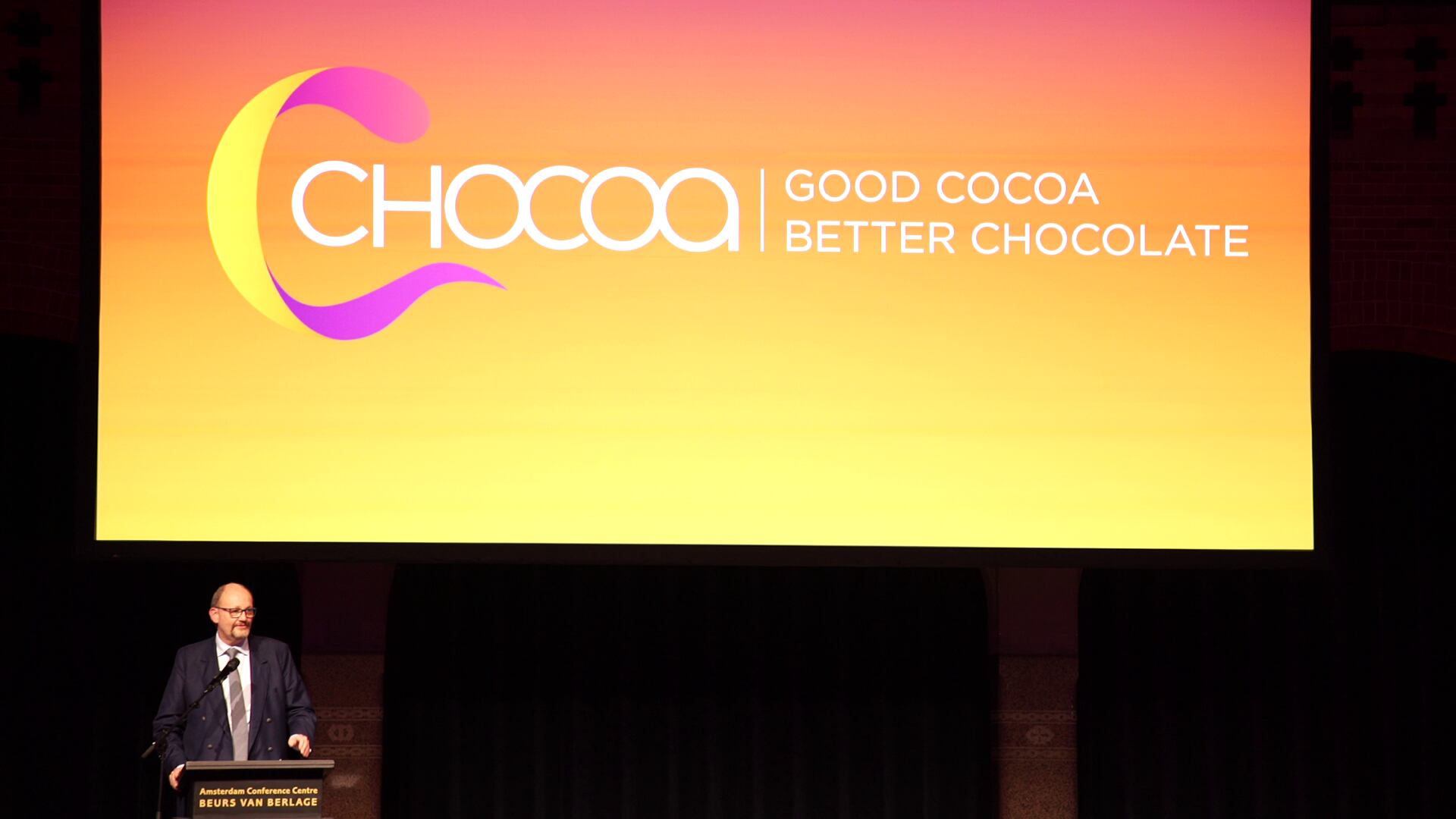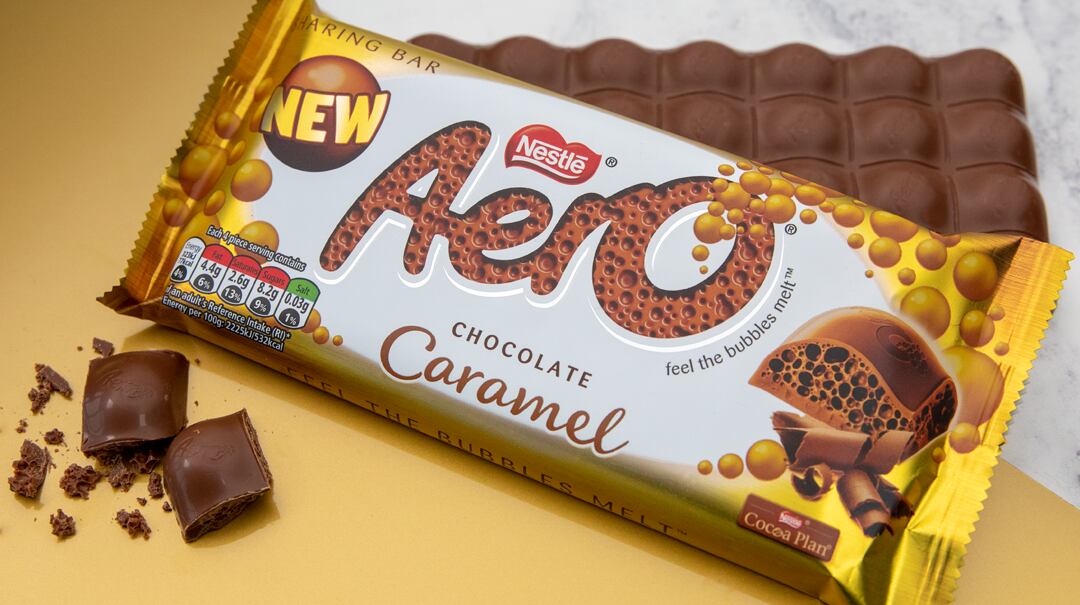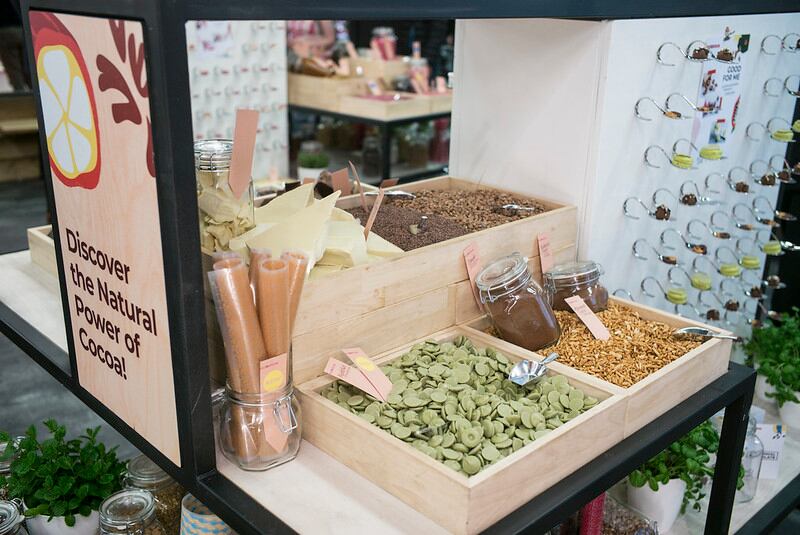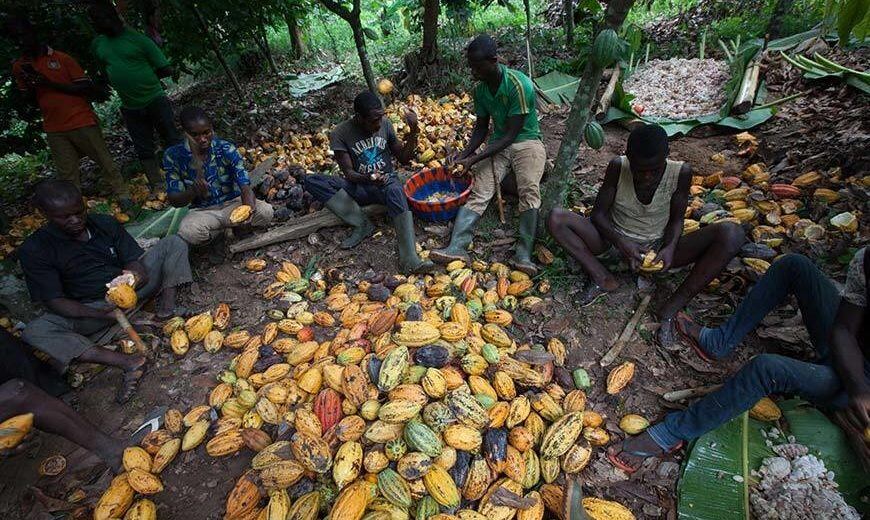It’s no coincidence the cocoa and chocolate event takes place in the Dutch capital, as the port of Amsterdam imports and stores over 600,000 tons of cocoa beans a year, making it the largest importer in the world. It is also an important processing centre for cocoa butter, powder and liquor – and the Chocoa event attracts thousands of stakeholders in the supply chain, from cocoa producers to chocolate consumers.
Themes under discussion at this year’s conference, which takes place in Beurs van Berlage, Amsterdam’s old stock exchange market, on 20 and 21 February, are: The future of organic; Innovation driven sustainability; Promoting farmer entrepreneurship; and Holistic approach to supply chain sustainability.
The whole idea of Chocoa is to create a marketplace to contribute to the sales and access for sustainable cocoa and promote sustainable chocolate consumption -- Jack Steijn, co-founder
Running alongside the conference is a Trade Fair (20 and 21 February) and the Chocolate Festival (22 and 23 February), giving Chocoa a unique standing in the industry as the three elements allow visitors the opportunity to get in touch with an audience of consumers and businesses.
Jack Steijn, co-founder of Equipoise consultancy for sustainable cocoa and the organiser of Chocoa Amsterdam, explains to ConfectioneryNews how Chocoa was established.
“The idea behind the event developed because we were convinced that if you want to have a lasting impact on sustainability, you have to work through markets and you have to improve the functioning of the market. The whole idea of Chocoa is to create a marketplace to contribute to the sales and access for sustainable cocoa and promote sustainable chocolate consumption,” he says.
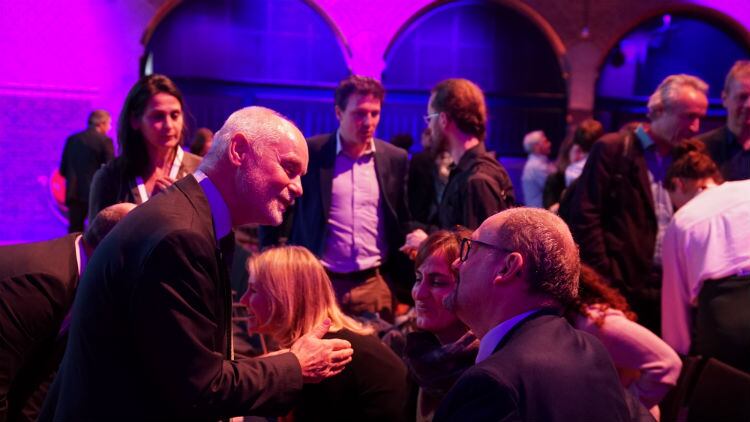
This year, Steijn says the event has attracted cocoa producers and chocolate makers from 42 countries – including booths from Cameroon, Ghana, Côte d’Ivoire and CCN 51 from Ecuador, and will feature both fine flavour, organic as well as mainstream cocoa.
Barista masterclass
New for 2020 will be a barista masterclass by award-winning latte artist Peter Hernou, where he explaisn about steaming hot temperatures and how to combine coffee with chocolate.
“We organised the Trade Fair conference and the chocolate makers’ forum because we want to bring people to Chocoa who are actually buying the cocoa,” says Steijn.
He says, at the weekend, Chocoa turns into a festival open to the public to promote the sales of sustainable cocoa and the consumption of chocolate.
In the conference part, the main theme this year given to presenters “is to express what is possible now, that would not have been possible or unthinkable five years ago in terms of sustainability in the cocoa sector - and also try and predict what will be possible in the future that may not be possible right now.”
Trends
As we saw at ISM in Cologne earlier this month, the main trends this year in chocolate and confectionery are vegan, dairy-free and plant-based, which all are broadly niches defined by organic.
Steijn says producers can’t ignore the trends that are being driven by consumers and they must be prepared for the future. “Of course, not all organic is necessarily vegan, but organic consumers are already paying a higher price for their consumption because they know it's better for their health and that’s why they want a choice – and manufacturers may lose out on a market that also gives a better price for their product if they can’t satisfy this demand.”
To look at how other industries have adopted to organic, Steijn said the Lush brand is giving a presentation and shining a light on the organic cosmetics’ market and share its success story with the cocoa industry.
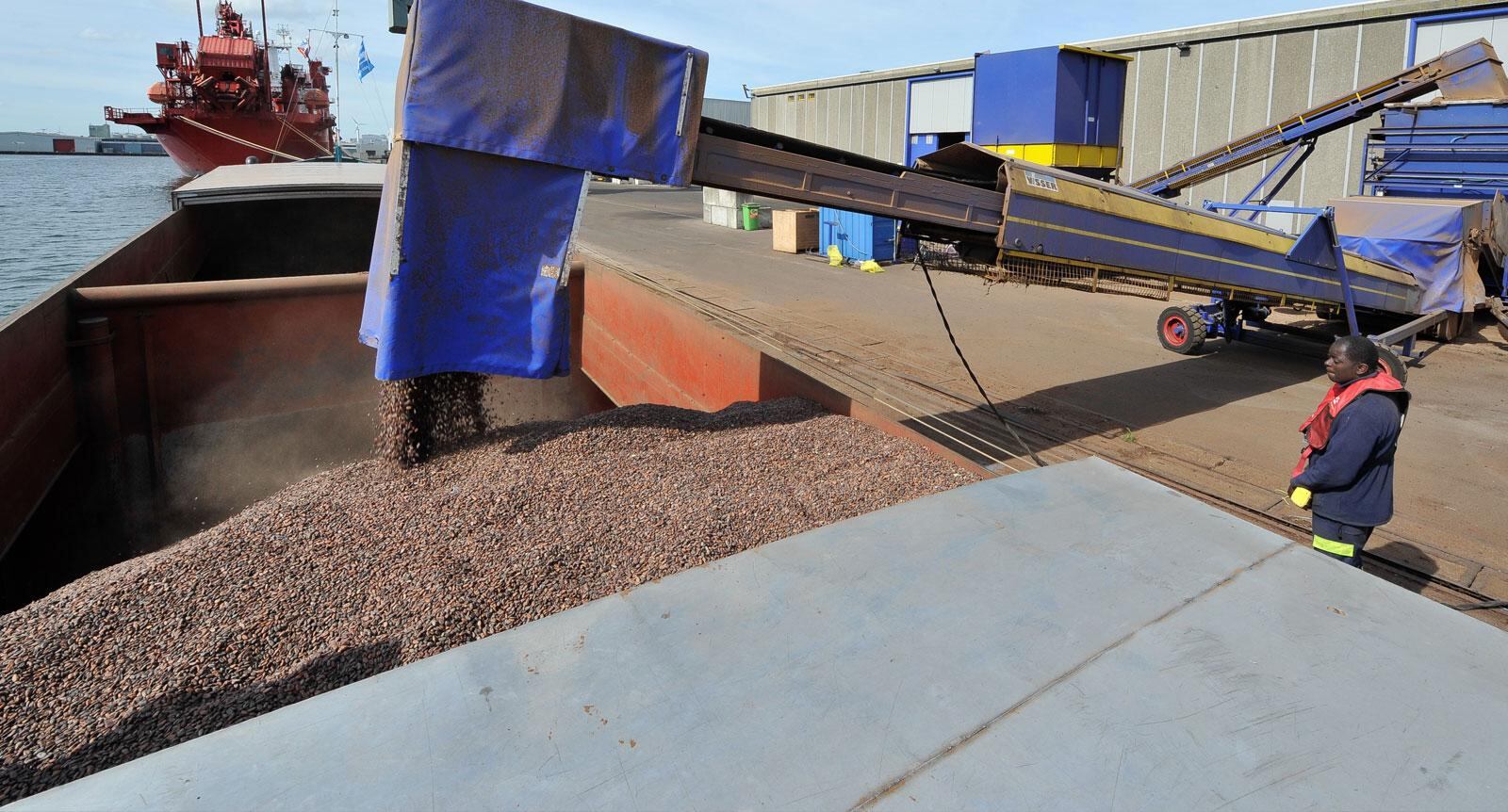
Port of Amsterdam
Approximately one third of the cocoa beans that arrive in Amsterdam are directly re-exported to other European countries, with most beans staying in the country to be processed. The Netherlands is also at the forefront of sustainability certification with organisations such as Max Havelaar (Fairtrade) and Utz/Rainforest Alliance.
Together with major companies, the Dutch Government has signed a treaty, agreeing only sustainable cocoa will be available for consumption on the Dutch market by 2025, at present less than 20% of the cocoa production is sustainable.
“Together they are looking at improving the sustainability of the logistics of the supply chains that come through this these ports,” says Steijn.
Sustainability
When Chocoa started eight years ago, sustainability was quite a new issue, he says. “The first of the second International Cocoa Agreements was drafted – with one paragraph about sustainability and it's unthinkable today that so many people were reluctant about saying something about sustainability - both governments in cocoa producing countries and consuming countries, and the big chocolate companies.
“In the intervening years, I think the approach to sustainability has changed – and it is now more about promoting farmer entrepreneurship," says Steijn. “And you see that in the ISO standard, you also see it in private initiatives like Cocoa Horizons and Cocoa Life – it’s all about how can the farmer become an entrepreneur and how can we help the farmer adopt new business models.”
Steijn also thinks that, on the consumer side, the line between craft and mainstream chocolate will fade away as is happening in beer, coffee and other markets. “So producers will have more sales power in the craft chocolate sector to improve their market share with a consumer understanding that they would have to pay more for a better chocolate bar.”
Cocoa trade
Although Amsterdam has a historical advantage when it comes to the trade of cocoa, “one cannot build a future based on the past alone,” said Marika van Santvoort, cacao consultant and social entrepreneur, in a recent blog for the World Cocoa Foundation.
“Much is changing in the cocoa industry. Grinding activities in the Amsterdam region are slightly decreasing as cocoa and chocolate companies open more and more processing facilities in cocoa-growing countries … those who want to stay ahead need to be ready for the future. Flexibility, diversification, expertise and more focus on sustainability are now the way forward for Amsterdam,” she said.
Van Santvoort said the trend for more sustainability means “new ways of doing business for cocoa and chocolate companies”.
These factors will not only help keep Chocoa in the conversation but also setting the agenda for years to come from its unique advantage of being based on the ground in a city port that has always encouraged flexibility and being able to adapt to change.
- Chocoa runs from 20 to 21 February 2020, Beurs van Berlage, Amsterdam.

